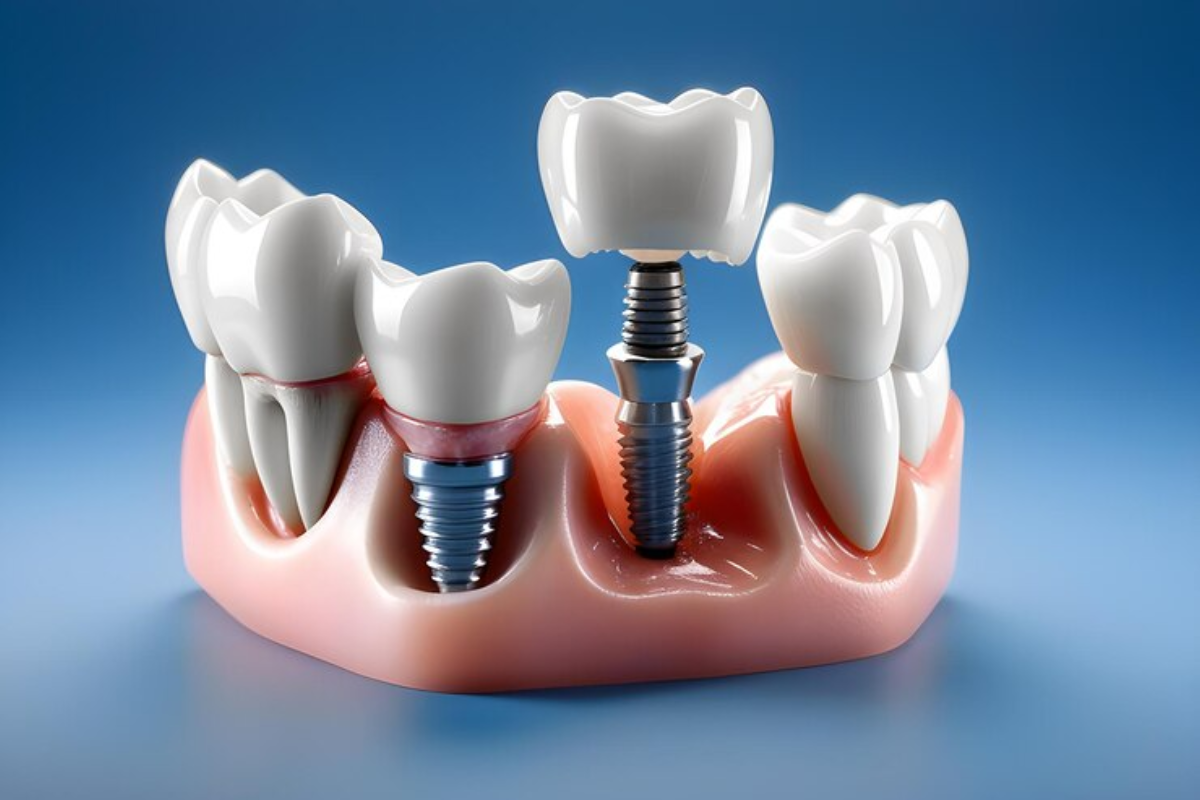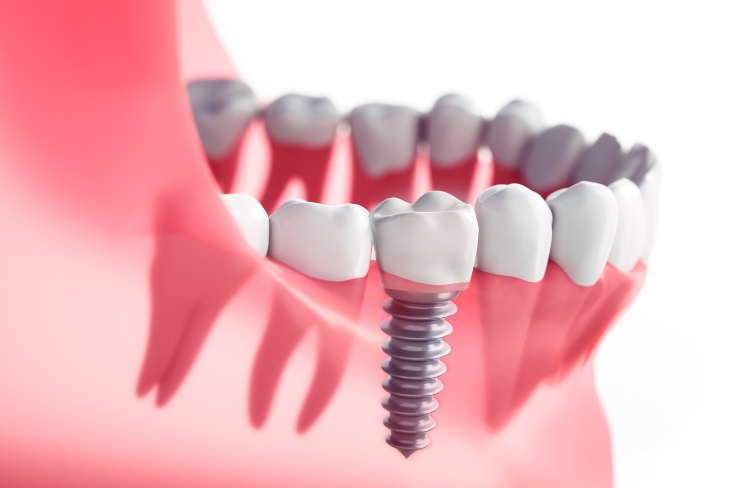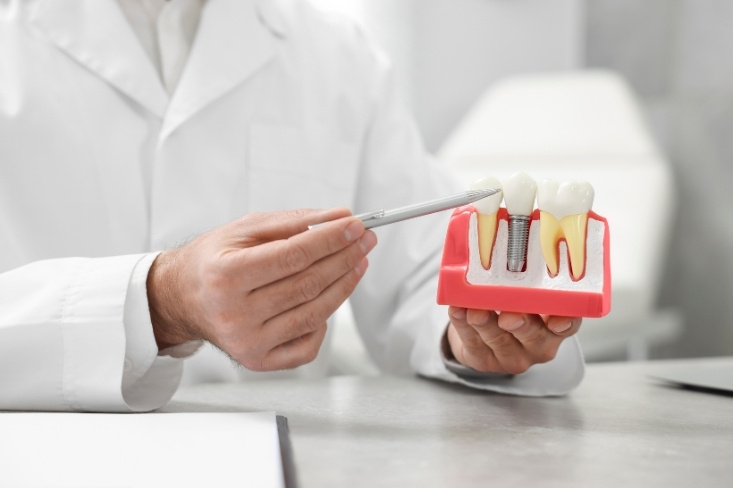704-844-2943
AVAILABLE FOR EMERGENCIESCommon Mistakes to Avoid When Caring for Dental Implants

Dental implants offer a long-lasting solution for missing teeth, providing a natural look and feel that closely mimics your natural teeth. Their durability and aesthetic appeal make them a popular choice for many. However, the longevity and success of dental implants depend significantly on how well you care for them.
Imagine the confidence boost and the convenience of having a perfect smile that requires minimal fuss. Sounds great, right?
But, this dream can quickly turn into a nightmare without proper care. Just a little attention and effort can make all the difference. Understanding and avoiding common mistakes in dental implant care is crucial for maintaining their effectiveness.
Are you wondering if you might be making any of these common errors?
This guide highlights the typical pitfalls many people fall into and provides practical tips on how to care for your implants properly. By following these guidelines, you can ensure that your dental implants stay in optimal condition, providing you with a beautiful and confident smile for years to come.
Whether you’re new to dental implants or looking to improve your care routine, this information will help you make informed decisions about your oral health.
Ready to dive in? Let’s get started!
Skipping Regular Dental Check-ups
Routine dental visits are essential for everyone, but they are particularly critical for individuals with dental implants.
- Why Regular Check-ups Matter: Dentists can detect early signs of potential issues, ensuring timely intervention.
- Recommended Frequency: Schedule a visit every six months or as advised by your dentist.

Poor Oral Hygiene Practices
Maintaining proper oral hygiene is crucial to prevent infections and ensure the longevity of your dental implants.
- Daily Brushing and Flossing: Brush your teeth twice daily and floss at least once. Use a soft-bristled toothbrush to avoid damaging the implant.
- Specialized Tools: Consider using interdental brushes or water flossers to clean around the implants effectively.
Ignoring Gum Health
Healthy gums are the foundation of successful dental implants. Neglecting gum care can lead to serious complications.
- Signs of Gum Disease: Look out for redness, swelling, and bleeding gums.
- Preventive Measures: Use antimicrobial mouth rinses and follow a balanced diet to promote gum health.
Using Abrasive Toothpaste
Abrasive toothpaste can scratch the surface of dental implants, leading to plaque buildup and potential infections.
- Choosing the Right Toothpaste: Opt for non-abrasive, fluoride toothpaste. Consult your dentist for recommendations.
- Avoiding Damage: Be gentle while brushing, ensuring you clean all surfaces without exerting excessive force.
Smoking and Tobacco Use
Smoking and using tobacco products can severely affect the health of your dental implants and overall oral health.
- Impact on Implants: Tobacco use increases the risk of implant failure due to poor healing and increased plaque accumulation.
- Healthy Alternatives: Seek support to quit smoking and explore nicotine replacement therapies or other cessation aids.
Ignoring Early Signs of Trouble
Paying attention to early warning signs can prevent minor issues from becoming major complications.
- Common Warning Signs: Discomfort, swelling, or unusual sensations around the implant site.
- Immediate Action: Contact your dentist promptly if you notice any of these symptoms.
Chewing Hard or Sticky Foods
Certain foods can damage dental implants or the surrounding tissue, leading to potential issues.
- Foods to Avoid: Hard candies, ice, and sticky foods like caramel or chewing gum.
- Safer Options: Opt for softer foods and cut hard fruits or vegetables into smaller pieces.
Neglecting Professional Cleanings
Professional cleanings are vital to remove plaque and tartar that regular brushing might miss.
- Cleaning Frequency: Schedule professional cleanings at least twice a year.
- Deep Cleaning Benefits: Deep cleaning reaches areas around the implants that regular brushing and flossing cannot.
Not Following Post-Op Instructions
Adhering to your dentist’s post-operative care instructions is crucial for the success of your dental implants.
- Immediate Care: Follow guidelines on diet, oral hygiene, and activity restrictions.
- Long-Term Care: Continue to adhere to maintenance instructions to ensure the longevity of your implants.
Caring for dental implants involves a combination of good oral hygiene, regular dental visits, and mindful lifestyle choices. Avoiding these common mistakes ensures your implants remain healthy and functional for years. Stay vigilant and proactive in your dental care routine to protect your investment in your smile.



